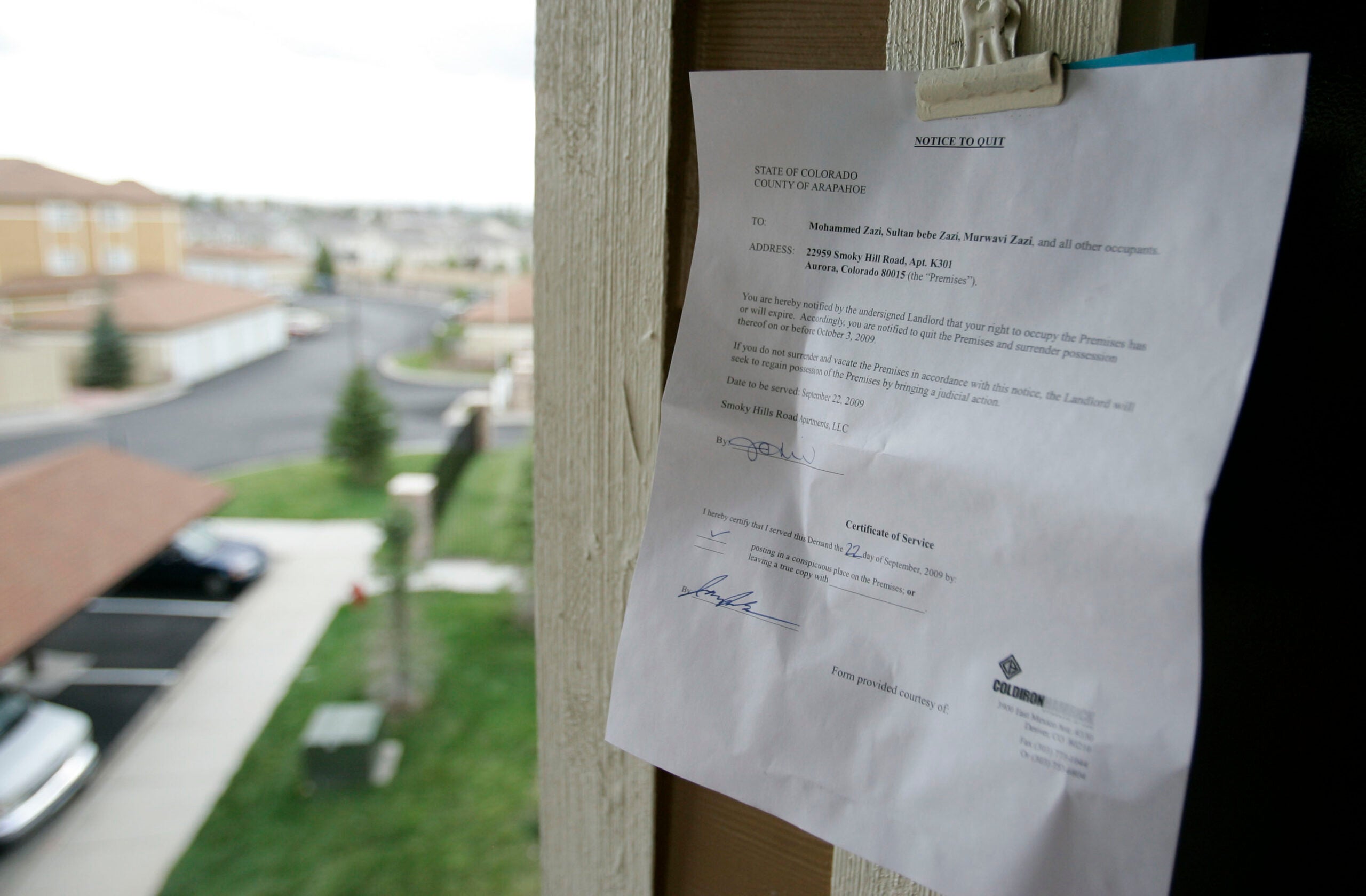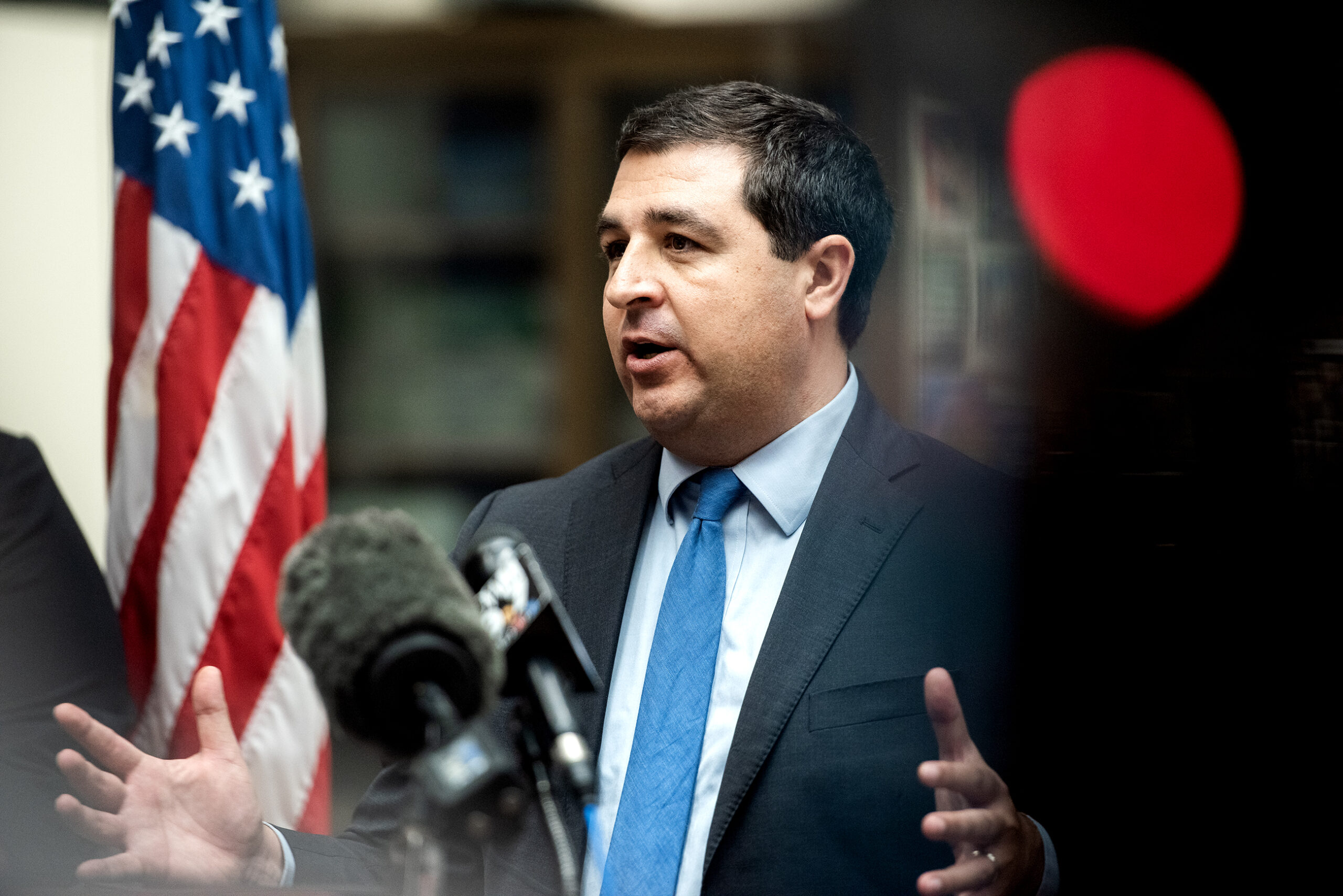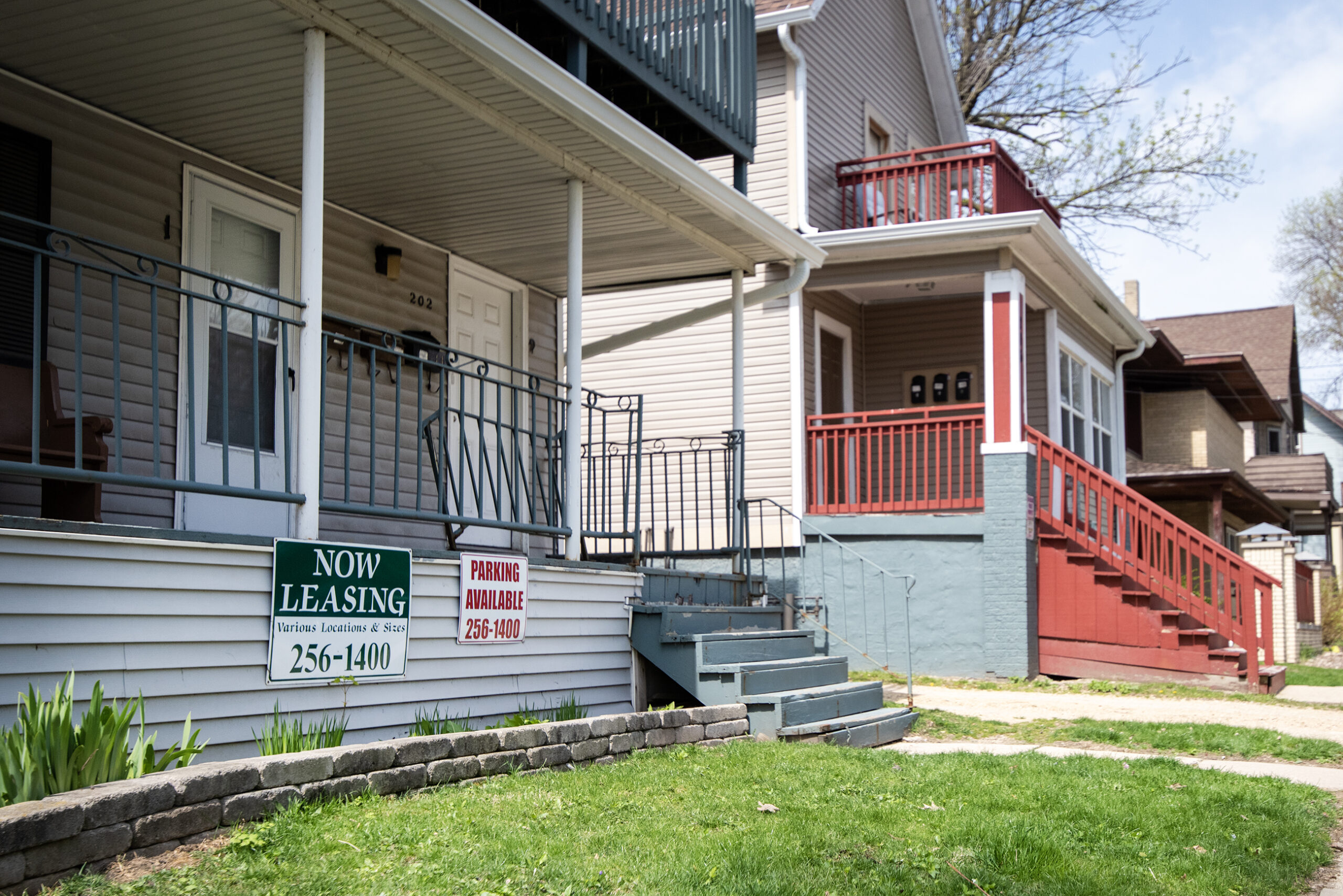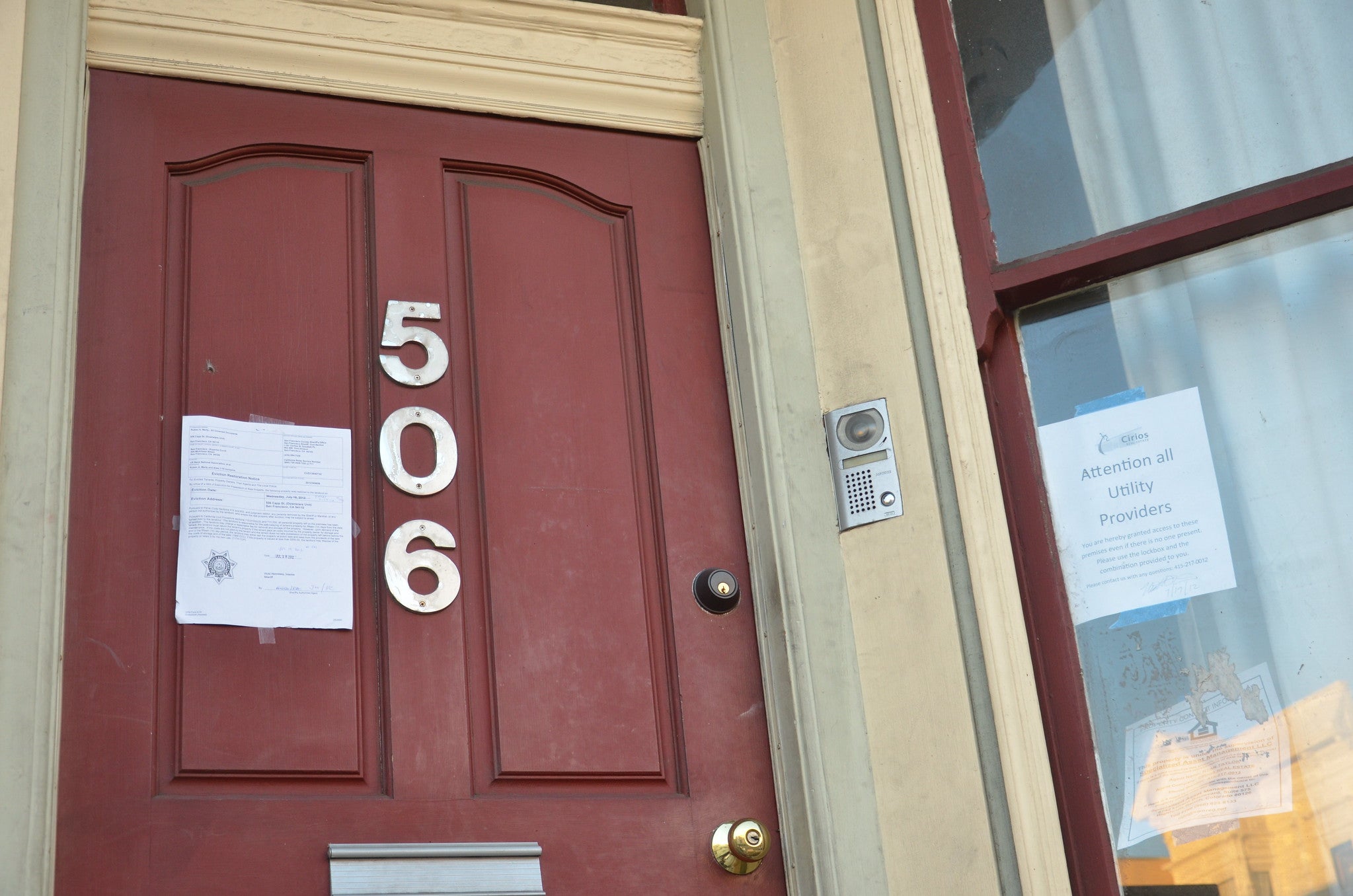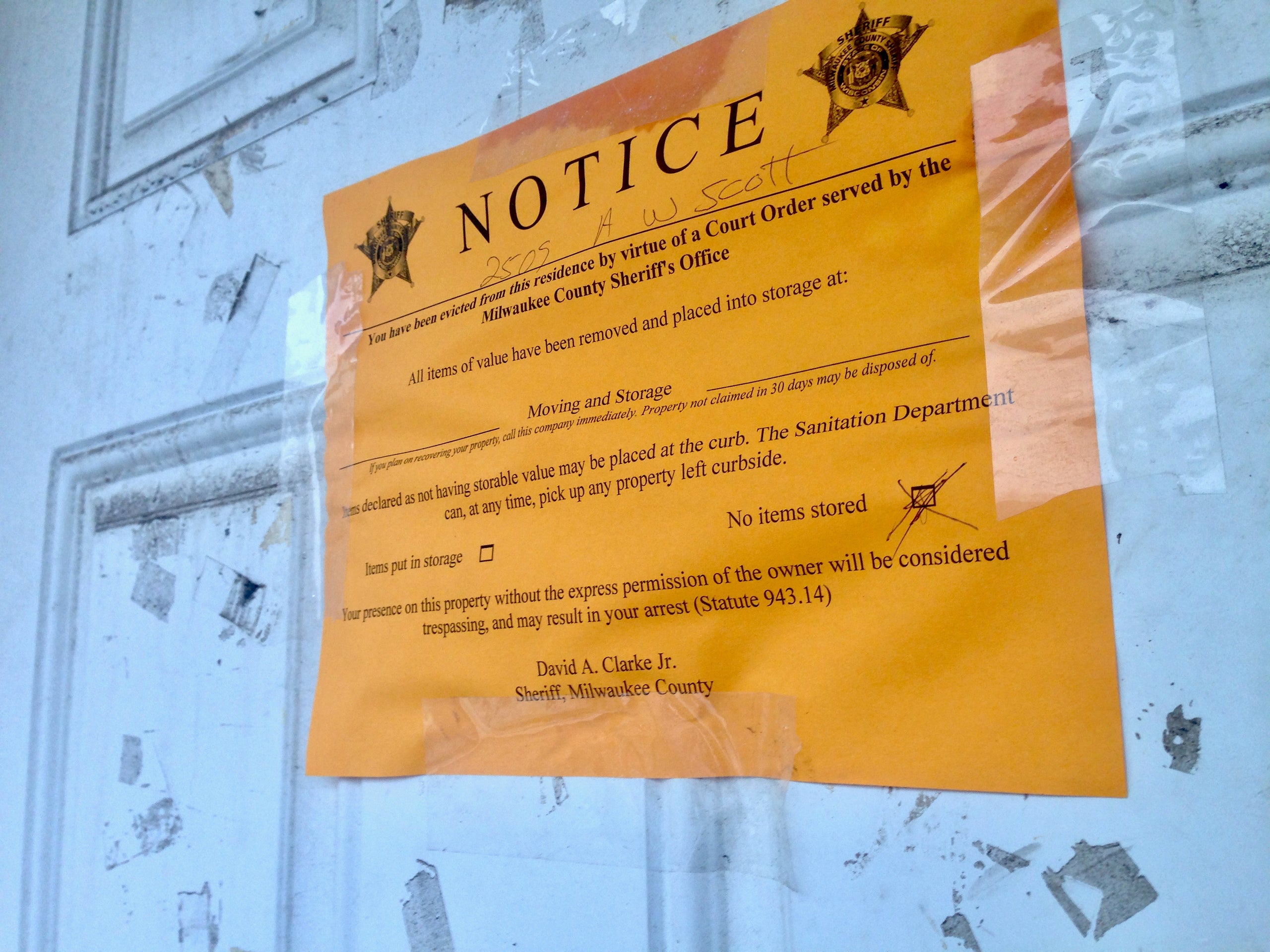As more businesses lay off workers in response to the new coronavirus, some of Wisconsin’s renters are concerned how they will pay their bills and if they will get evicted.
Amy Baker isn’t a renter, but she knows college students that are.
She submitted a question through Wisconsin Public Radio’s WHYsconsin asking: What should people do who can’t make the rent unless they work? What do landlords do when their tenants can’t make the rent for one month? Two? More?
Stay informed on the latest news
Sign up for WPR’s email newsletter.
When we talked to her, she told WPR people who are living paycheck to paycheck may not have the funds to pay rent for April or May.
President Donald Trump announced Wednesday the U.S. Department of Housing and Urban Development (HUD) would be suspending all foreclosures and evictions until the end of April.
“It just has me thinking of all the vulnerable people,” Baker said. “I’m just so, so concerned.”
Being evicted is the legal process that’s required for a landlord to remove someone from a property. The process usually begins with a landlord giving a tenant a notice letting them know they have a specific number of days to pay rent or vacate the property.
If a tenant does not vacate, the landlord will file an eviction action in court. Once the eviction is filed, the tenant and the landlord will come to a hearing where the eviction will be granted or dismissed. If the eviction is granted, a judge will issue a writ of restitution. The document will be given to the local police department to carry out the eviction and remove the tenant.
Since the official eviction process is started in court, many landlords won’t be able to file documents because numerous courts have closed to reduce the spread of the coronavirus, said Rapheal Ramos, the eviction defense project director with Legal Action Wisconsin, an organization that provides free legal services to low-income people.
“There will be no new eviction judgments and there will be no issuing of writs of restitution by the court to actually have people removed,” Ramos explained.
Milwaukee’s small claims court has closed its doors until Friday, April 3. Madison’s municipal court is closed until further notice.
Ramos also said the best thing tenants can do who are concerned about making rent is to talk to their landlord.
“So the courts can still halt an eviction and the other actor who should be remembered here are the landlords who can also choose not to pursue an eviction,” Ramos said. “In circumstances like the one we are in, it certainly seems like now would be an appropriate time to use that discretion on when and when not to pursue an eviction.”
On Tuesday, Legal Action Wisconsin urged courts in Milwaukee County to impose a stay of executing writs for at least 30 days. On Monday, Madison Mayor Satya Rhodes-Conway encouraged landlords to put a moratorium on evictions for anyone impacted by COVID-19.
WPR reached out to multiple landlords and rental properties to see how they were handling tenants’ concerns. None responded to a request for comment.
Lending A Hand
Utility companies across the state are doing what they can to help customers who may be out of work because of the virus.
Superior Water, Light and Power Co. announced Tuesday the company is suspending meter readings within homes and other sites to protect customers and employees. The company provides electric, water and natural gas service and is also suspending disconnections for customers.
Madison Water Utility announced Wednesday they are exempting late payment fees until further notice. In a statement, the company said they want to minimize the stress on customers, but they should pay their bill on time if they are able to do so.
Wisconsin Public Radio, © Copyright 2025, Board of Regents of the University of Wisconsin System and Wisconsin Educational Communications Board.
